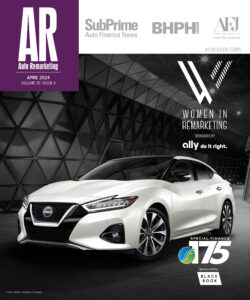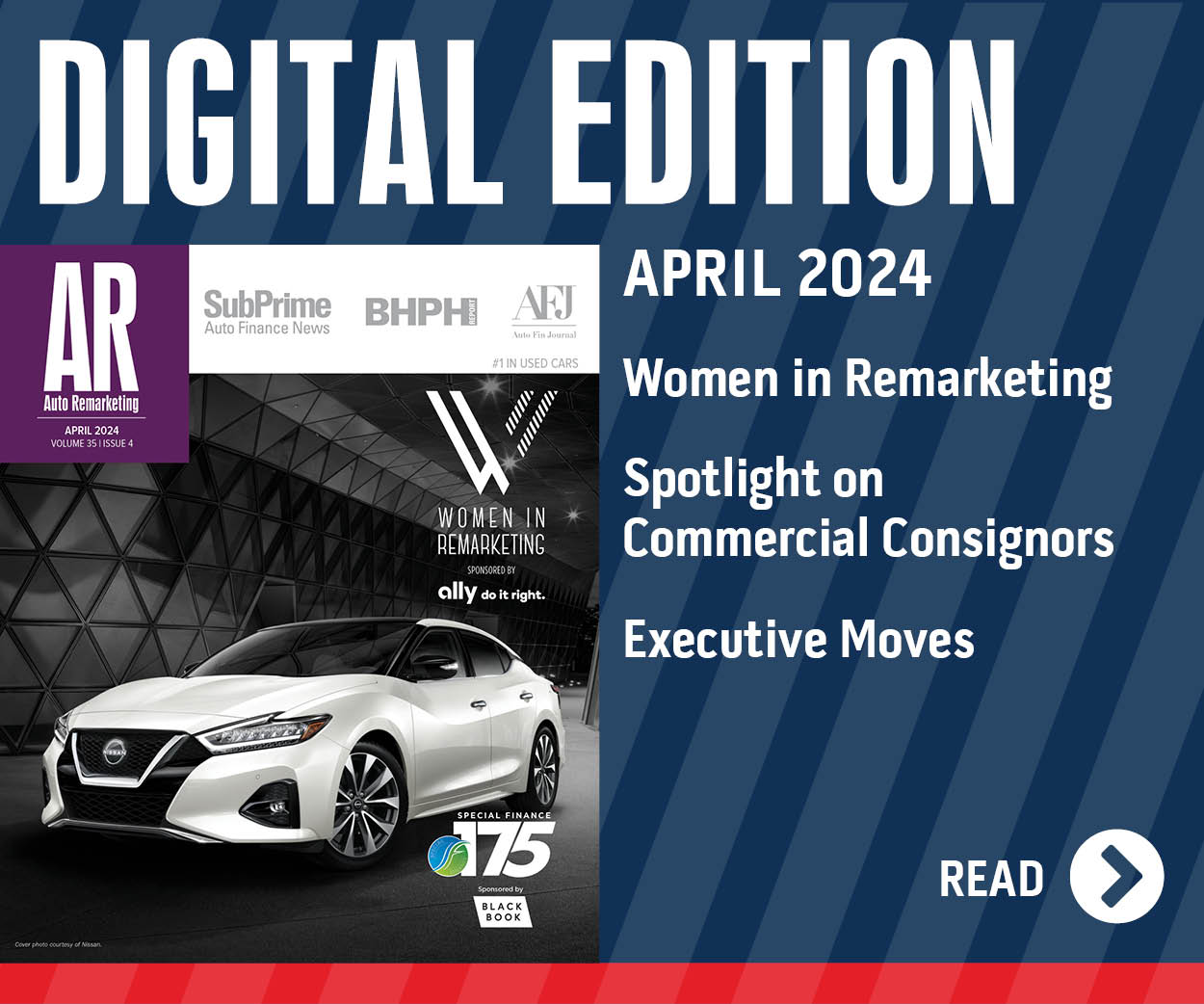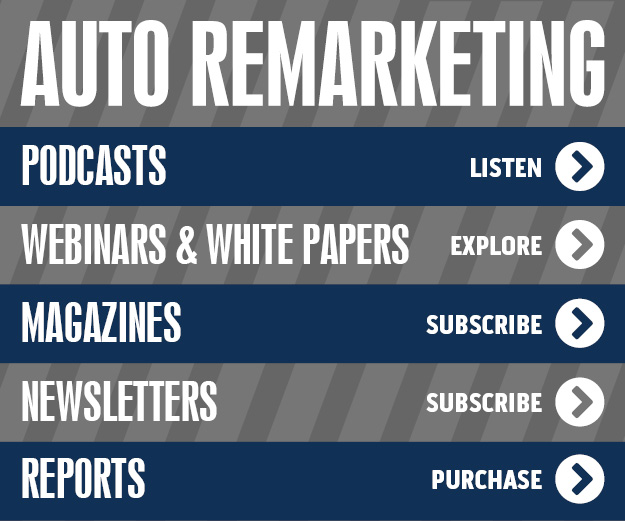Shift Women’s Objections about Car Leasing

Women are now the fastest growing segment of new- and used-car buyers. Typically, however, women car buyers don’t lease nearly as much as men.
The consensus among dealers is that women buy new and used cars, but they infrequently consider leasing. When considering “Should I buy or lease?” many women are fueled by the beliefs of financial experts like Suze Orman, who say “you don’t want to lease your life, you want to own it.”
Other women adopt the following real estate rationale: that car payments build equity and leasing, like renting a house instead of buying it, simply does not. With women, practicality carries the day.
This idea of ownership — that equity is good, therefore financing is better than leasing — is one of the biggest reasons women don’t like to lease.
There are more reasons, as well.
Below are the most common objections dealers receive from women when presented with the opportunity to lease.
When dealers effectively handle these objections, and educate women car buyers on the value-added benefits of leasing, they will see a shift in attitude and new- car leases will rise with this group.
“The idea of ownership is important to me.”
Cars depreciate and then have service repairs and costs. Most people who lease don’t typically pay for brakes or tires because they don't keep the car long enough to wear them out. Dealers can advise women car buyers of that, and, if they were to finance a car for five years, they’ll most certainly need tires and brakes plus other repairs.
“I have little or no ownership equity in the leased car.”
The trade-off for a lower or manageable monthly lease payment is that there is no trade-in value. It is fairly common that the market value of a vehicle at lease-end is higher than the purchase option price specified in the lease contract — which means there is some equity trade value there.
“I don’t understand how leases work, and I’m afraid of getting ripped off.”
Conscientious dealers with a true interest in their customer will take the time and effort to help a woman buyer understand the leasing process and the intricacies of the contract.
These contracts can be complex and difficult to understand, so a dealership’s F&I manager should encourage customers to take their time and read the fine print.
“I don’t understand the leasing lingo. I don’t know what cap cost is or what comparison pricing means.”
Dealers with integrity will explain exactly what these terms mean in ways she can understand. Dealers who skim over these terms do a real disservice to a buyer and compromise any future dealings they may have with the dealership.
“I don’t want to be making car payments forever. I’d rather pay the car off early and have several years without a car payment.”
While a woman car buyer may not have a payment anymore, she’ll still be spending more in repairs to keep an older car on the road, with fewer safety features than newer cars, and more likely to break down.
Dealers can show how a lease provides a safe, more reliable car at all times, not just when the car is new, and a car protected by manufacturer warranty and with few repair bills.
“My car payments will be higher.”
Dealers can explain the benefits from a lower monthly payment, because she only pays for the portion of the car that she actually uses.
Depending on a number of factors, monthly lease payments are considerably lower than a purchase loan for the same car and same term. If she keeps a car well past the day the loan is paid off, she saves money by buying. But if she trades in the car before the loan is paid off, the value of the trade-in is unlikely to cover the remaining balance on the loan.
“I’m worried about any early termination costs. What if I lose my job?”
To break a car lease means breaking a contract, which can result in tremendous fees, as well as negatively impact one’s credit rating. Dealers can help customers find other buyers to assume the remainder of their lease, which would take them off the hook, while gaining a powerfully loyal customer.
Such transfers are now made possible by companies like Swapalease, Leasetrader and AutoLeaseBreakers, who help car lease owners find people interested in taking over the payments. The fees for both buyer and seller are reasonable, and it saves the seller from the early termination costs which could amount to thousands of dollars.
“I am concerned with excessive mileage charges.”
If a car buyer exceeds the mileage allowance in her lease contract, she will be charged for the extra miles at a specified per-mile rate, usually $0.20 per mile. A large mileage excess could result in a hefty charge, even at a reasonable per-mile rate.
A dealer can help her reduce her exposure if she "buys" the extra miles she expects to drive at the time of lease signing. She will avoid the higher end-of-lease charge this way. If she chooses this option, she will be refunded for any unused miles.
“I am worried about excessive wear-and-tear charges, especially with the children and multiple drivers.”
If a car buyer returns a leased vehicle at lease-end with dents or scratches, she will be charged. Dealers can explain to her what is “excessive” so that she knows to get the car repaired before she returns and avoid being charged.
Also, dealers can remind customers that it is best to clean the car or have it detailed for the best evaluation. This is key to educating her and having her loyalty remain high with your dealership.
Anne Fleming is president & car-buying advocate at Women-Drivers.com.

 View The Latest Edition
View The Latest Edition

